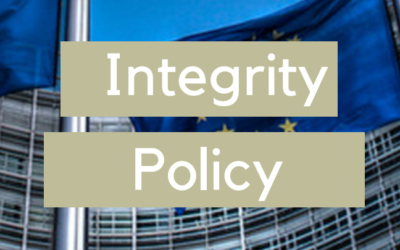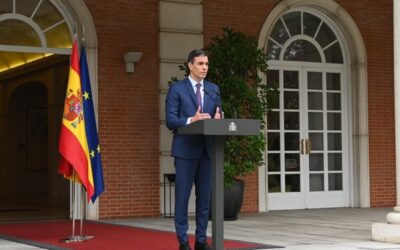After months of negotiations and two emergency ministerial meetings, European energy ministers on Monday, December 19, agreed on a cap on gas prices. The announcement came via Twitter from a spokesman for the Czech Republic, the rotating chair of the European Union.
Negotiations over months reflected the inherent level of complexity in the discussion. For the 16 EU countries initially in favor (including Italy, France, Spain and Poland), the maneuver was necessary to limit rising costs and, as a result, high prices in bills as well as rising inflation. For those against (such as Germany, the Netherlands and Austria) a cap calls into question the exporters’ willingness to continue selling.
The proposal, which is scheduled to come into effect next Feb. 15, envisions a cap at 180 €/MWh if the price of gas exceeds that threshold for three consecutive days. This is a decidedly more “accidental” solution than what the Commission proposed last month, which provided for a 275 €/MWh limit in the event of an overshoot for two consecutive weeks, along with a spread between TTF and Asian LNG of 58 euros for ten days. Conditions, these, that had never occurred since the outbreak of war, even in the worst weeks of August.
The majority was thus consolidated, with only Hungary voting against, while the Netherlands and Austria abstained. Germany also finally voted in favor, but only after protecting itself, having in fact granted a four-year loan of 3 billion to Trafigura-a global commodities trading giant-to procure the gas Berlin needs by guaranteeing the German operator Sefe (formerly Gazprom Germany). This move highlights what the first real problem with the price cap on gas is: it is explicitly intended to exclude trades made outside regulated platforms (Over The Counter), thus allowing everyone to source freely at the price they find.
According to industry experts, moreover, the measure would contain another major flaw: in order to activate the mechanism there will have to be a differential between the gas price at Ttf and the global LNG price reference indices greater than 35 €/MWh. This second condition was included in order to preserve the attractiveness of the European market, thus avoiding running out of supply, So much so that the proposal contains an additional concession, which allows the cap to be suspended in the event of a “significant drop” in quarterly LNG imports or an increase in gas consumption of 15 percent in a month.
Reaching the price cap agreement has more political value than content, both because of the numerous conditionalities placed-which leave room for doubt and speculation-and because of the damage it will do to Russia. In fact, since the talk of such a measure began – March – conditions have changed, and Europe has significantly reduced its dependence on Moscow in terms of gas supply.
However, in the medium term, the effects of this measure, combined with those resulting from the difficult recovery of the Chinese production machine due to the persistence of the pandemic – which does not guarantee an absorption of the lack of Western demand from the Asian continent – could hurt Russia (already damaged by the EU embargo on Russian crude oil) more severely.



